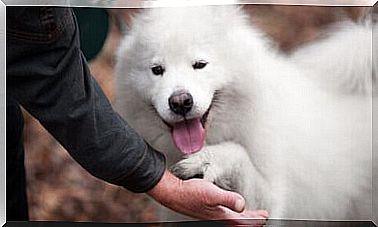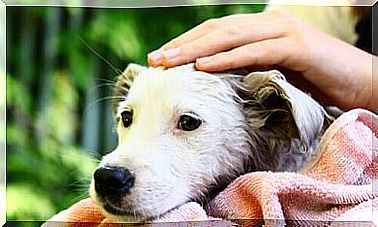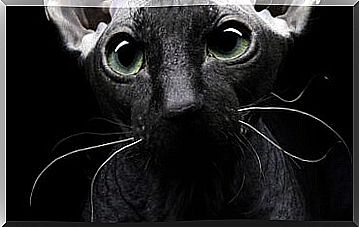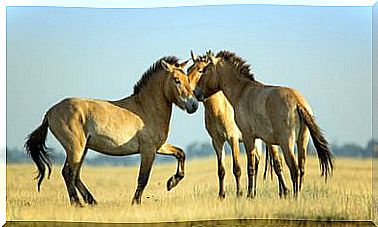The Differences Between Comparative Psychology And Ethology
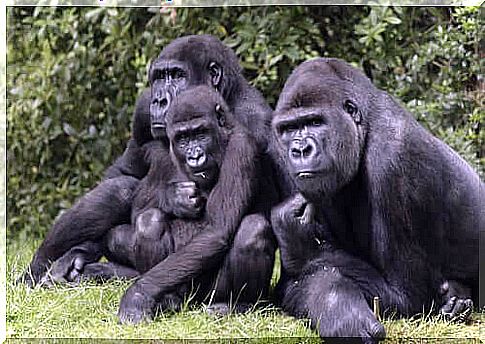
Behavior is a phenomenon that, like any other biological characteristic, can be measured. Comparative psychology and ethology approach animal behavior from different perspectives.
What is comparative psychology?
Comparative psychology studies the similarities and differences in the behavior of non-human animals. It is based on how different situations are solved through learning.
What is ethology?
Ethology is the scientific study of animal behavior. In this context, behavior is considered a set of observable activities that the animal carries out in relating to the surrounding environment thanks to its nervous system.
History of the study of animal behavior
The origins of the study of animals began with descriptions of the behavior of different species in various areas of the world. An example is represented by Aristotle, with his work Historia Animalium .
During the Middle Ages, fantastic details, the fruit of imagination, were also included in these descriptions. The representations did not correspond to reality and the animals were drawn with a magical aspect, the result of legends and popular knowledge.
Starting from the seventeenth century it is possible to come across more elaborate works, among which some studies dedicated to birdsong or to the way in which they build their nests emerge.
In the 19th century, thanks to the theories of Lamarck and Darwin, evolution becomes a factor that cannot be overlooked when it comes to describing animal behavior. In addition, many scientists begin to defend the intelligence of animals and the first experimental studies of behavior are undertaken.

During the twentieth century, experimental studies are divided into two schools:
- Behavioral or American school. Study how animals solve situations through learning in an artificial environment, such as the laboratory. From this school arise the theories of positive and negative reinforcement.
- Nativity or European school. It is based on the behavior of animals within their natural environment. From this school emerges the biologist Oskar Heinroth, the first to use the definition of ethology as we know it today.
How is behavior studied in ethology?
Since we are dealing with a science, the information must be analyzed using data that can be measured. In ethology, behavior is analyzed following the principles of Heinroth:
- The observation of the animal must be carried out in its natural environment.
- The same must take place without any interference from the observer.
- Behavior must be broken down into discrete units called “patterns”.
- These models must be observable, quantifiable and differentiable.

Furthermore, each behavior has its own explanation, which is sought in the development, evolution, functionality and biology of the individual. These approaches were defined by the zoologist Tinbergen:
- Ontogenetic : tries to explain at what moment of an individual’s development and life a certain behavior appears.
- Causal : includes the neuronal, morphological and physiological mechanisms that allow behavior.
- Phylogenetic : studies how a behavior has evolved to date.
- Functional : it justifies why natural selection favored such behavior.
Differences between comparative psychology and ethology
Although historically they have been related to each other and their differences have never been fully clarified, there are small nuances that distinguish them:
- Ethology originates in Europe, while comparative psychology has become popular in the United States.
- Comparative psychology arises from psychology, while ethology is closer to the field of zoology.
- Ethology places greater emphasis on instinct and the natural behavior of species, while comparative psychology on learning and developing behavioral theories.
- In comparative psychology, the methods are based on laboratory work and the response to several variables. Ethology, on the other hand, is based on observation conducted in the field, without any interference from the observer.
However, both scientific disciplines try to understand, essentially, the same thing: how and why a behavior occurs.


